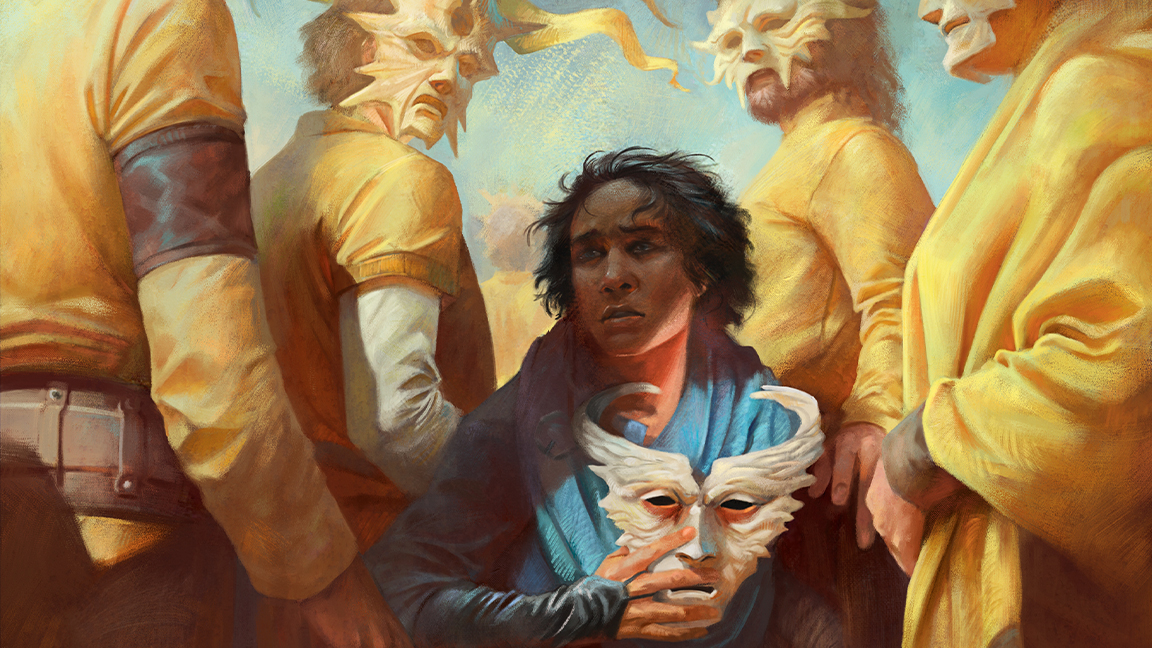
Self-doubt and self-criticism are healthy parts of personal development, but in the creative industries it's common for these thoughts to become debilitating. It can get to the point where a person feels as though they don't deserve their success, their achievements are all flukes, and they'll be exposed as the fraud they really are.
It's hard to believe that world-class artists could think of themselves as fakes. Yet many – perhaps even most – successful artists have at some point struggled with crippling self-doubt. Just knowing that these feelings are part of being a professional artist is helpful for most people, but there are additional approaches you can do to kick your mind out of its destructive loop and into more productive ways of thinking.
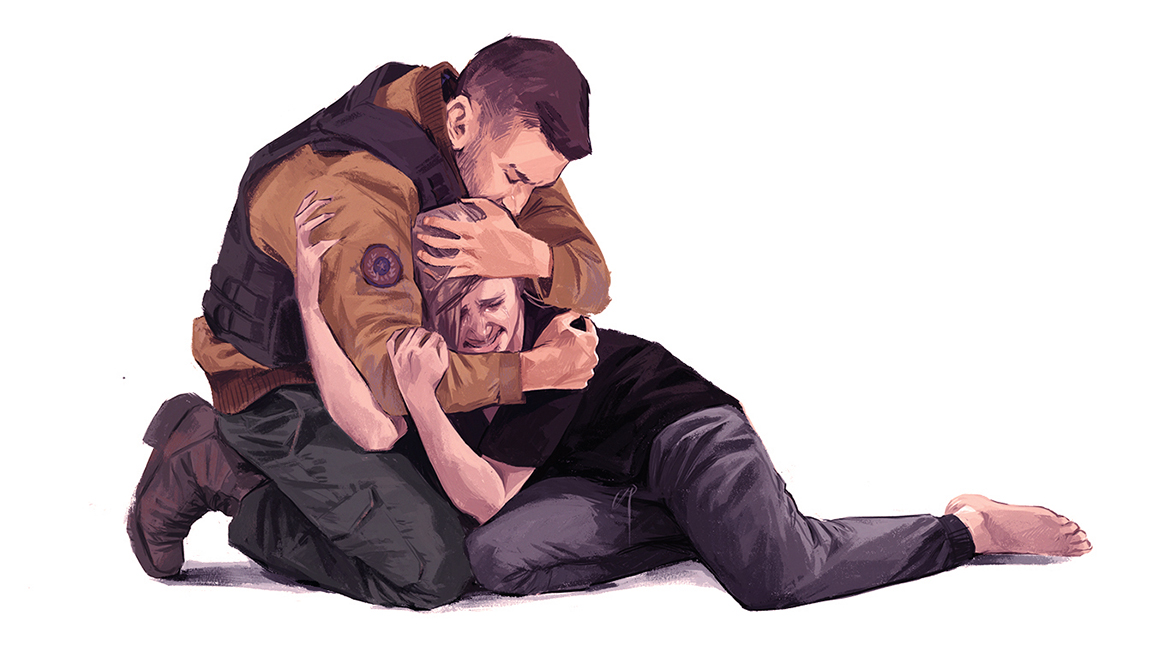
Alexandria Neonakis is a freelancer who was previously a senior concept artist at Wonderstorm and a character concept artist at Naughty Dog. Her worst bout of impostor syndrome was set off by the start of a new job at a prestigious company. Despite having worked in the industry for five years she doubted her abilities.
"The pressure was immense, but it was honestly almost entirely self-inflicted," Alexandria says. "The team was super supportive of me and helped ensure my success. That didn't stop me from spiralling and thinking they were going to realise their mistake and fire me any day. That anxiety lasted about three months total."
Comparing one's own work to that of others is one of the main triggers for feelings of inadequacy. Alexandria has a way around it: remember that it's not the most important thing.

"What we bring to a team or a project is so much more than just the art or content we're producing," she says. "Our ideas, how we approach solving problems and how we work together with team members are all just as, if not more, important than the final paintings we produce.
"Knowing that now, when I'm having bad art days or don’t feel my work is as good as someone else's, I remind myself I'm far more valuable than just the paintings that I can create day-to-day. That usually brings me back down when I’m in my own head about this stuff."
Alexandria has this practical advice: “Put aside where your work is right now versus where you want it to be, and list all of the other things you bring to your project or team. Maybe you're very good at communicating with game designers, or have given the team really great ideas that they've used to make the characters or environments better. If you shift focus from what you’re not as good at to what you’re very good at, it'll help reframe how you think of yourself in relation to the work you're doing."
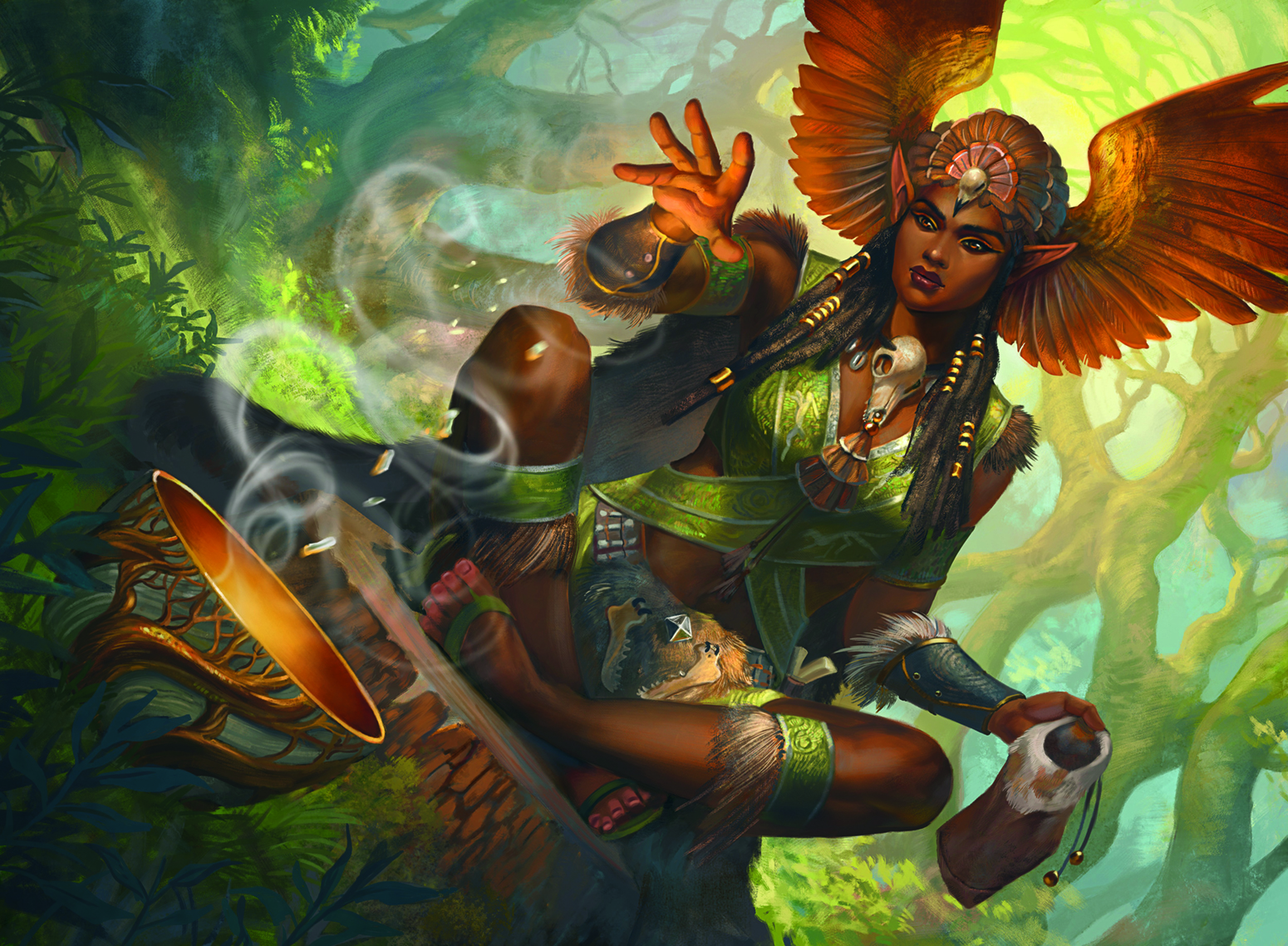
Art director and concept artist Julia Metzger says she experienced paralysing feelings of self-doubt from her teenage years onwards as she compared her nascent skills to what she saw in online galleries.
"At points where I hit walls in my learning, it was easy to question if I could ever reach similar skill levels," says Jullia. Like many artists, she still has these doubts even as a seasoned professional with high-profile, prestigious clients. "It remains easy to find artworks that feel so far beyond my basic understanding that it’s hard to even acknowledge my own accomplishments as they look inadequate in comparison."
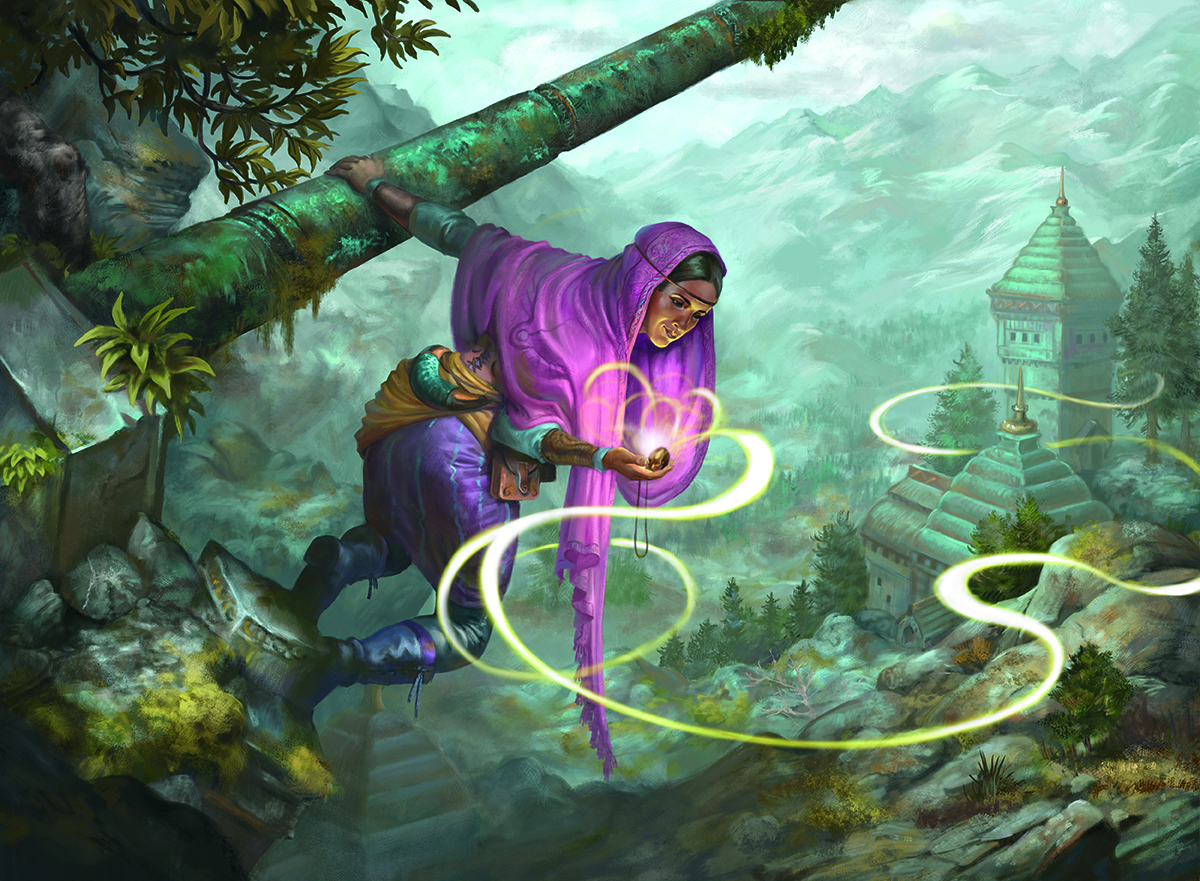
To get out of these thoughts Julia finds it helpful to go back to her tools. "I remind myself of the vast artistic tool belt I've acquired over the years and to trust myself and the fundamentals I've learned, even while all the voices in my head tell me not to," she says. "I've also built up a diverse support system of friends who can help me wiggle out of the negative feedback loop."
Julia also finds it helpful to teach upcoming artists: "I can help them to grow while reassessing my own knowledge base, which helps me gain perspective on how far I've come".
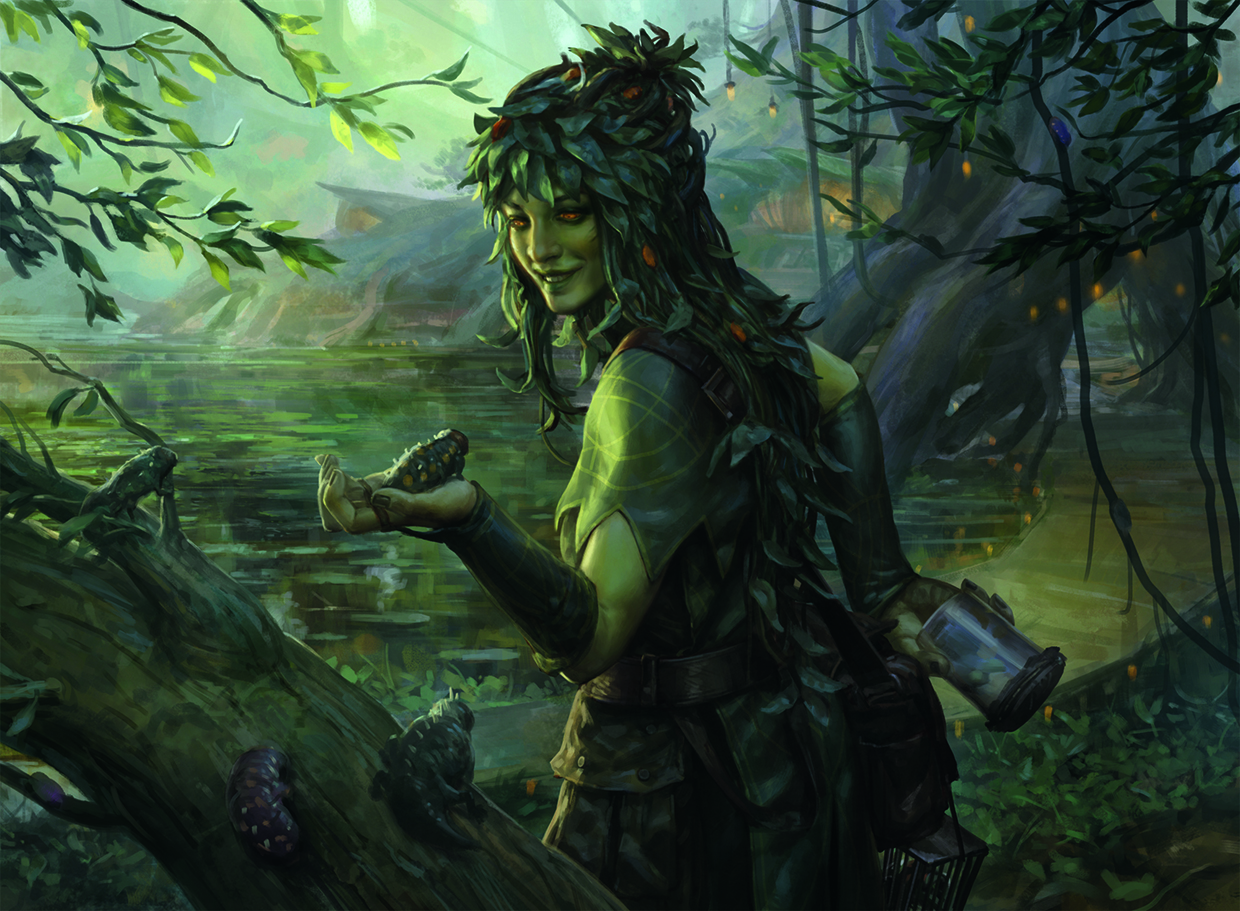
When Wizards of the Coast first contacted illustrator and concept artist Randy Vargas his first thought was, "They are mistaken, this email can't be for me, I'm a total fraud, as soon as I send my first piece they'll find out." This led him into some unhealthy work habits. He left the feelings unaddressed for some time and followed the widespread advice to "keep faking it" but found this ineffective. "I see it not being a solution for a lot of people," says Randy. "I was overcompensating for something that wasn't lacking in the first place."
Like Julia, Randy found that putting his trust in his process and knowledge helped, as did talking about it with peers and seeing that they also have fears. He recognised that as a group they were all judging themselves harshly. He advises getting feedback from someone whose opinion you value if you're feeling unsure about a piece of work. "Try to see things as factually as possible, and own your wins as you do with your failures."
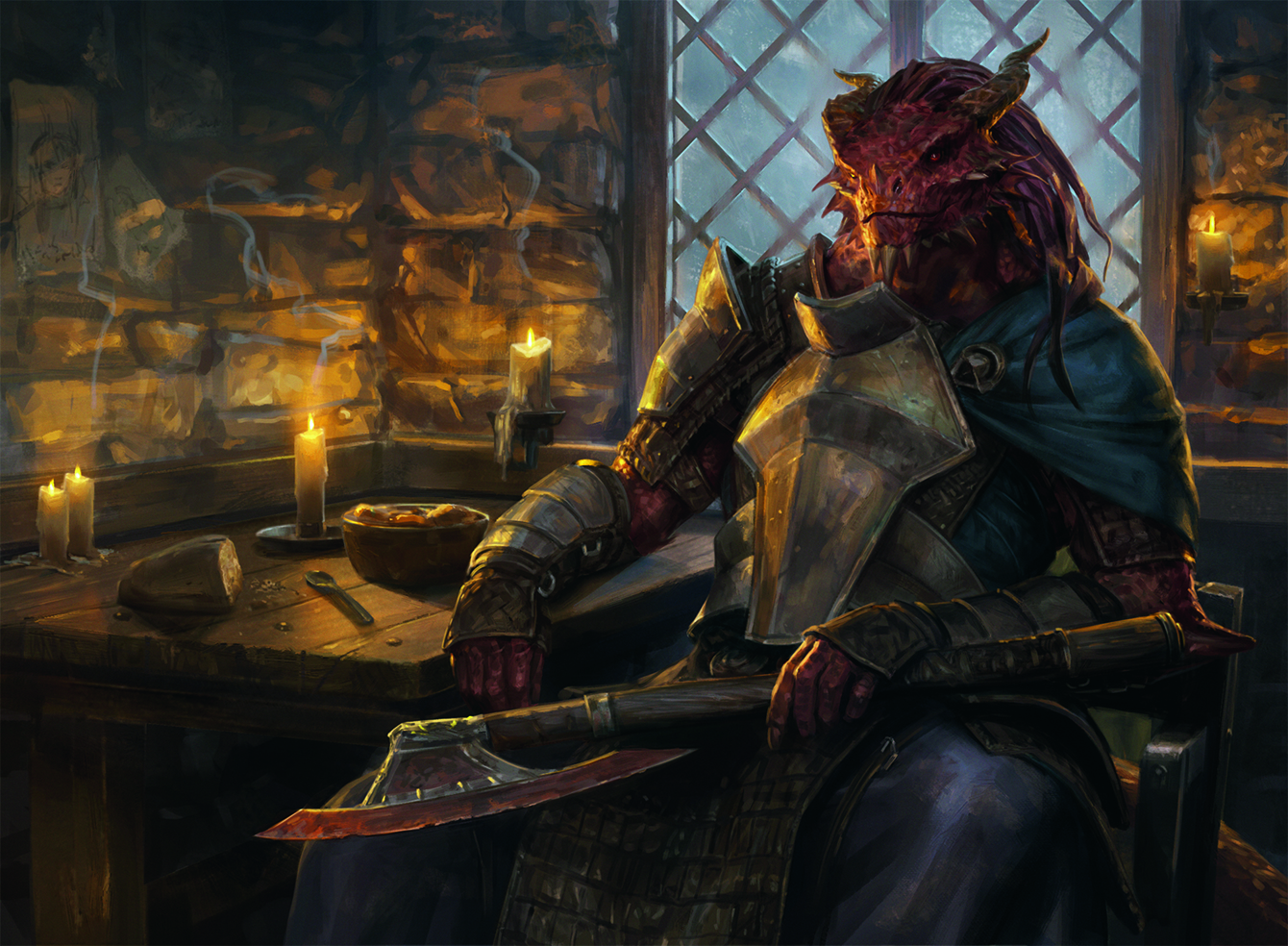
Impostor syndrome is so ubiquitous that it might be considered a standard part of being a professional artist, so should we be calling it a 'syndrome' at all? Alexandria says she hasn’t found it helpful to put this label on her feelings.
"I feel like there's a lot of baggage tied to it," she explains. "The internet latched onto it and made it into a much more intimidating thing than it has any right to be. It's just a natural stage in doing creative work for your career. Almost everyone I know experiences it on some level. I think in the past few years as it became part of art community discourse it's been treated like this horrible insurmountable monster of a thing, when it's really just a part of the mess of all of this."

The conversation around impostor syndrome may have its downsides, but it does make people feel less alone and giving it a name can make it easier to grapple with. Julia has found it helpful to name the concept: "Having the possibility to build a framework around it in my mind opens up more strategies for coping".
While some level of impostor syndrome may be inevitable, some say there are features of the industry that exacerbate things. Randy points to the 'rockstar culture': "It makes people feel that they never will reach those heights and if they do, they don’t belong."
Social media is, of course, one of the main drivers of the problem. It's easy to be overwhelmed by what you see online, but things aren't always what they seem. "The social media algorithms don't always give us an accurate impression of what a successful career looks like," says Julia. "What is needed for client work is often not the same as what's popular on online platforms. It's easy to look at numbers and think of them as responsible for success, instead of the many machinations happening behind the scenes."
Overcoming imposter syndrome: artist Q&A
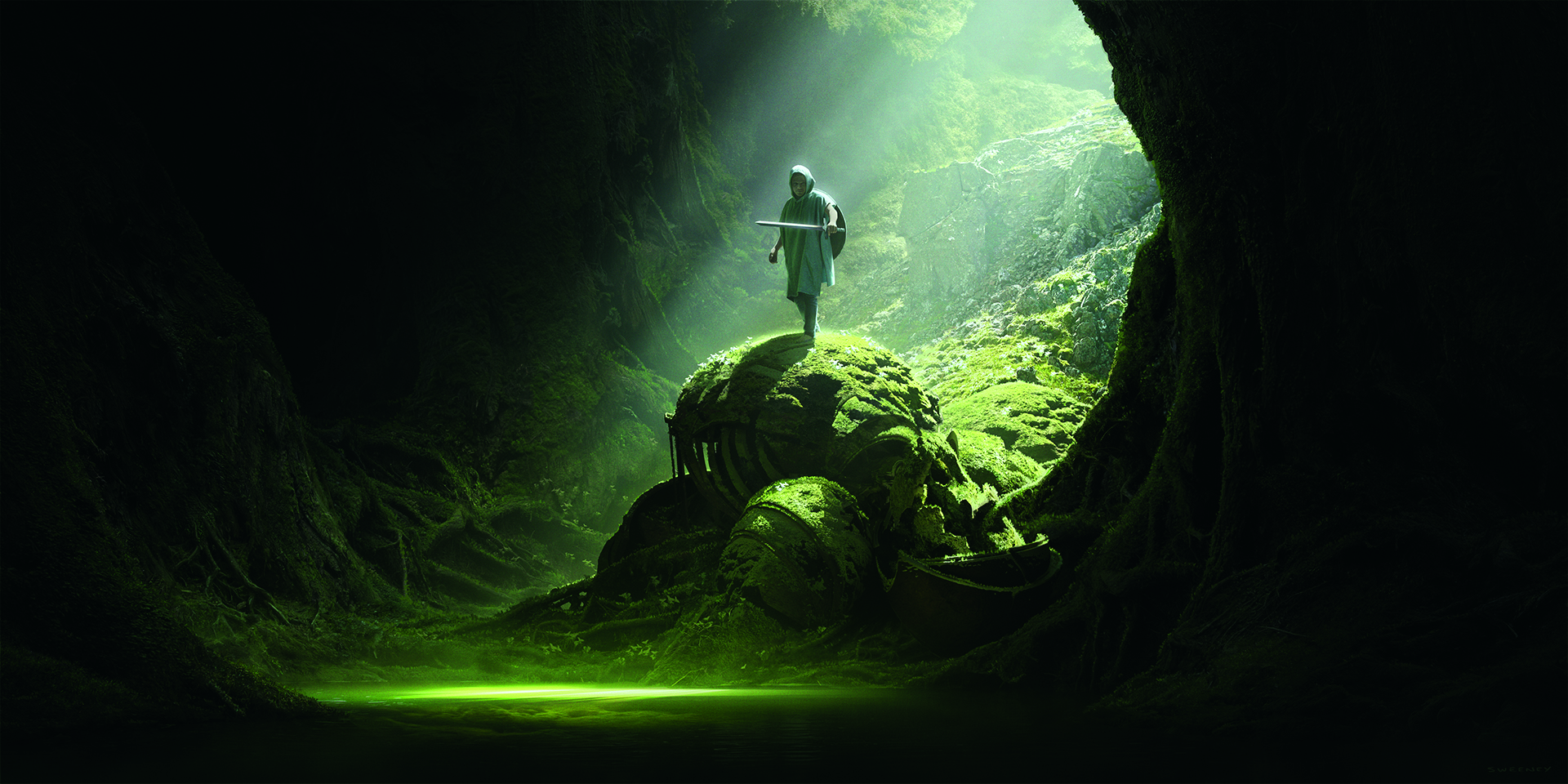
Insomniac Games art director John Sweeney shares reveals how rediscovering the path to fulfilment can help your art. John was previously The Last of Us Part 2 art director at Naughty Dog.
What do you do to address your feelings of self-doubt?
"Looking at the earliest contract work I did in college compared to the professional work I do now is a reminder that despite my feelings, I’ve made progress."
To what extent is it still a part of your life?
"Self-doubt is a constant feeling, especially with social media and the infl ux of polished imagery you get on a daily basis. It can become overwhelming to the point where I just don’t want to generate anything. It’s in those times I try to focus on making art for myself, ideally work that I don’t plan on posting."
Are there industry factors that make people more likely to have these thoughts?
"Definitely, whether it’s due to toxic management, or members of a team or online group. Social media creates a vicious cycle of fearing that you’re not good enough, and also fearing that you’re missing out if you’re not constantly posting art and generating 'content'."
What advice do you have for someone who is struggling with impostor syndrome?
Ask yourself if there are any factors in your life or job that might be contributing to those feelings. I’ve taken a step back from social media and I find my general mood is better and my sense of imposter syndrome has subsided considerably.

If you've been inspired to get started in digital art, or work on your art some more, after hearing how these pros approach their work then take a look at our guide to the best drawing tablets, and the best digital art software, available now. We also have some great Photoshop tutorials and Procreate tutorials to follow.
This content originally appeared in ImagineFX magazine, the world's leading digital art and fantasy art magazine. ImagineFX is on sale in the UK, Europe, United States, Canada, Australia and more. Limited numbers of ImagineFX print editions are available for delivery from our online store (the shipping costs are included in all prices)
Alternatively, you can access us instantly through our digital options:
• Apple app (for iPad or iPhone)
• Pocket mags (multi-platform app, great for Android users)
• Zinio (multi-platform app for desktop or smartphone)







